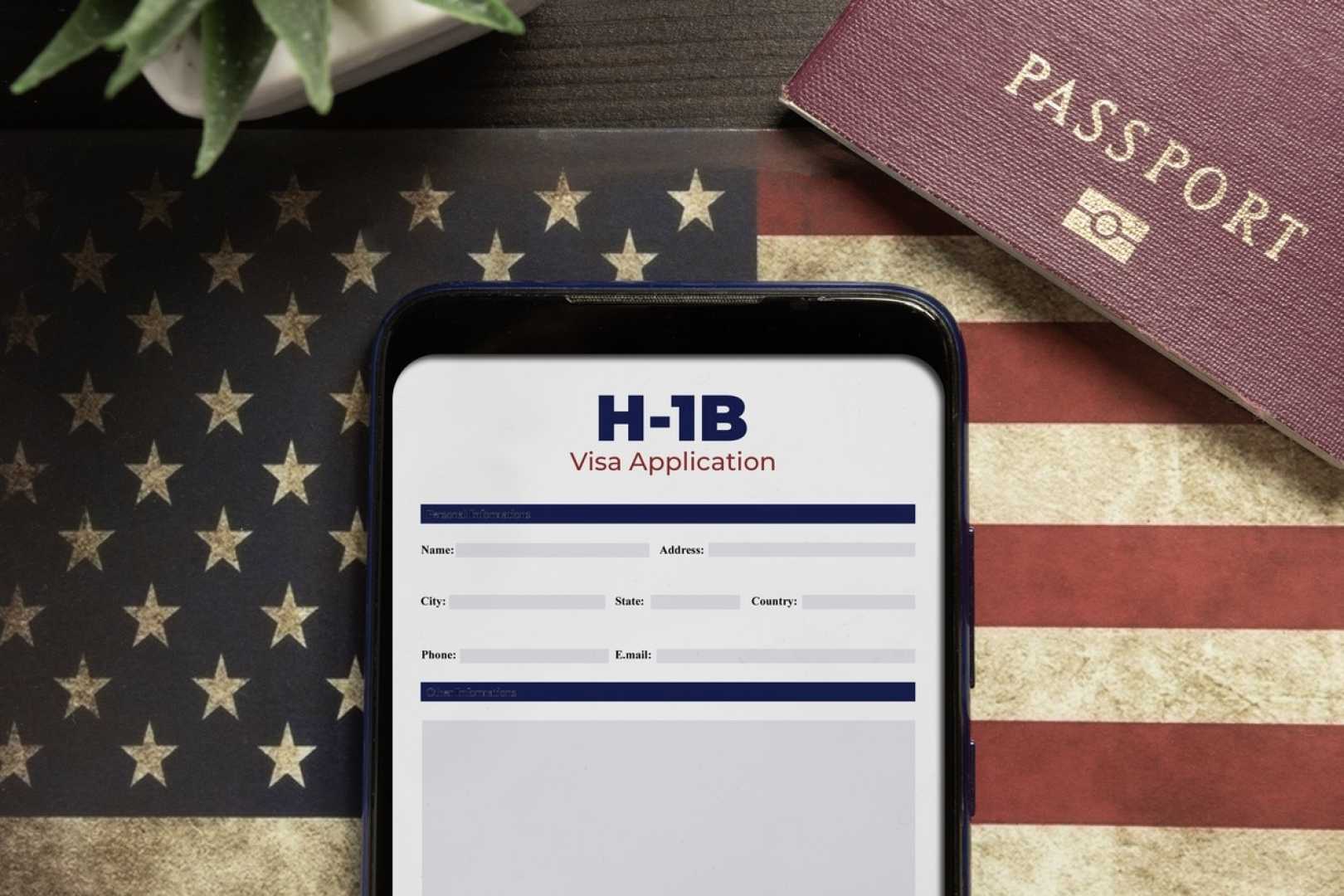Business
Immigration Service Targets H-1B Holders with New Requests for Evidence

ARLINGTON, Va. — The U.S. Citizenship and Immigration Services (USCIS) is raising alarms among immigration attorneys by issuing unprecedented Requests for Evidence (RFEs) regarding H-1B and employment-based immigrant petitions. The new requests, which seek home addresses and biometric data from applicants, are reportedly linked to claims of ‘adverse information’ against individuals applying for these visas.
Since mid-April 2025, attorneys have noted that these RFEs are an unusual departure from the agency’s traditional practices. Vic Goel of Goel & Anderson stated, “This is highly unusual because biometrics are not typically required for these case types.” The lack of clarity surrounding the nature of the adverse information cited in the RFEs has many legal professionals puzzled.
Historically, the RFEs would follow a clear process where USCIS would outline any specific eligibility concerns regarding a petition. Instead, the current RFEs merely assert the presence of adverse information without elaboration, as noted by Kevin Miner of Fragomen. “These RFEs differ because they do not ask substantive questions.”
Individual requests specifically instruct petitioners to provide the beneficiary’s current residential address to facilitate the collection of biometric data. This has left many to question the implications of these requests. Goel emphasized that responding to these RFEs with requested information may inadvertently expose petitioners to potential risks without any understanding of the underlying accusations.
USCIS adjudicators have quoted in the RFEs, “We have encountered potentially adverse information related to the beneficiary,” necessitating that updated addresses be submitted. Yet, USCIS has not officially clarified why these measures are being implemented, which leads to uncertainty about the agency’s intentions.
Attorneys are recommending caution. Goel advises not to provide the requested information directly, citing regulation 8 CFR 103.2(b)(16)(i), which mandates USCIS to disclose derogatory information that could affect application outcomes. Instead, they should encourage USCIS to clarify the nature of the adverse information.
The issuance of these RFEs seems particularly striking given the broader context of increasing immigration enforcement under the current administration. Reports indicate that more than 240 colleges and universities have documented a significant number of international students facing changes in their legal status.
According to a recent analysis by the National Foundation for American Policy, the H-1B visa process has already become exceptionally competitive, with only about 20% of applications approved annually under the 85,000 visa cap. The uncertainty brought on by the new RFEs could exacerbate the existing difficulties companies face when trying to recruit and retain talent.
Miners highlighted the uncertainty surrounding these requests, stating, “It is too early to know” their implications for the immigration landscape. With many endemic issues in the immigration system, he added, employers and attorneys continue to remain vigilant.
As the situation unfolds, stakeholders within the immigration framework are meticulously tracking these developments, trying to discern how they may adjust their strategies to accommodate the significant changes posed by USCIS’s latest actions.












